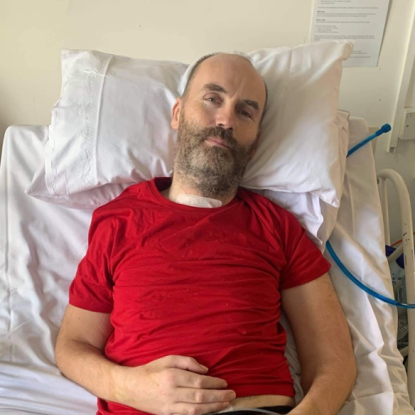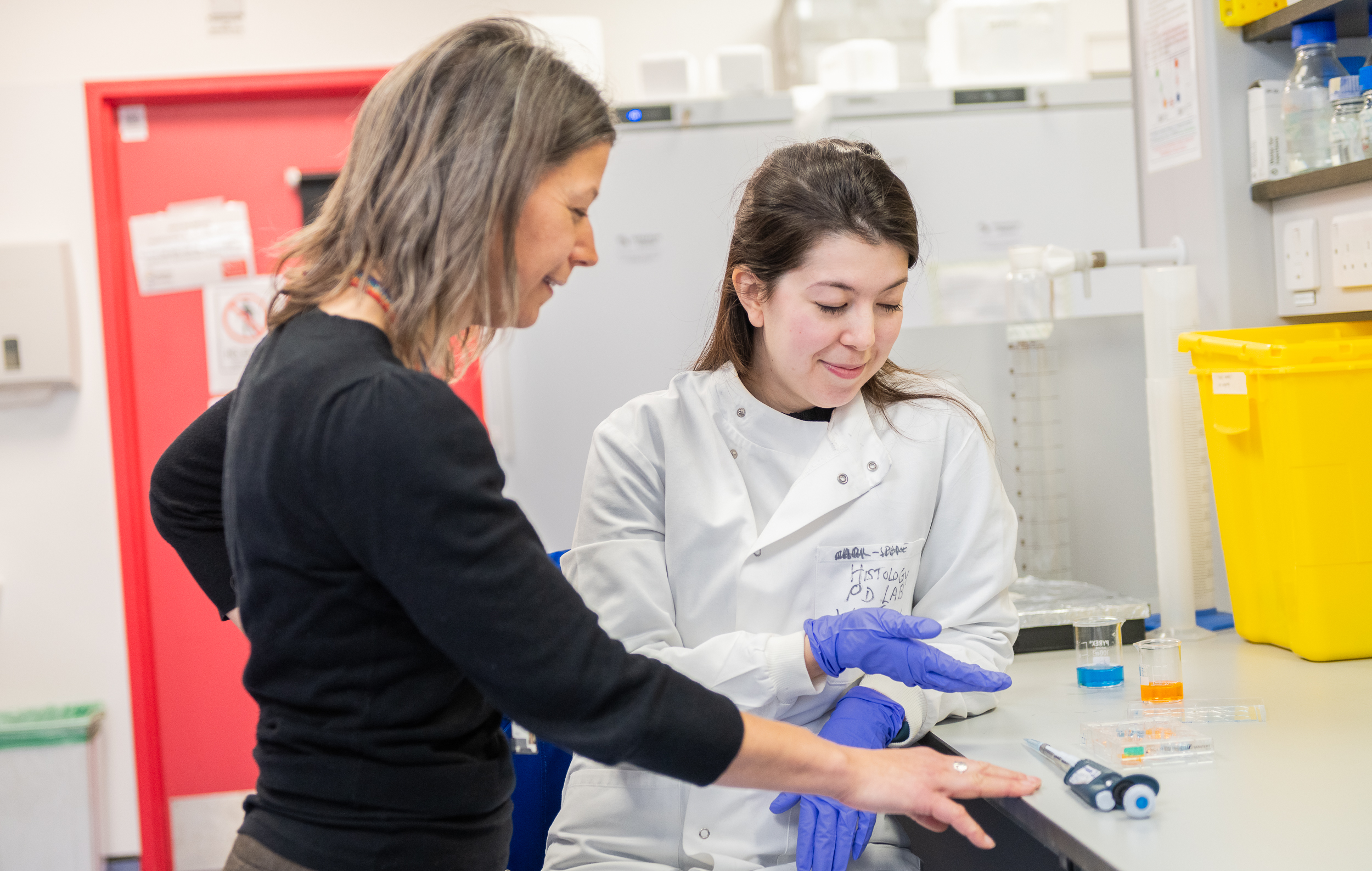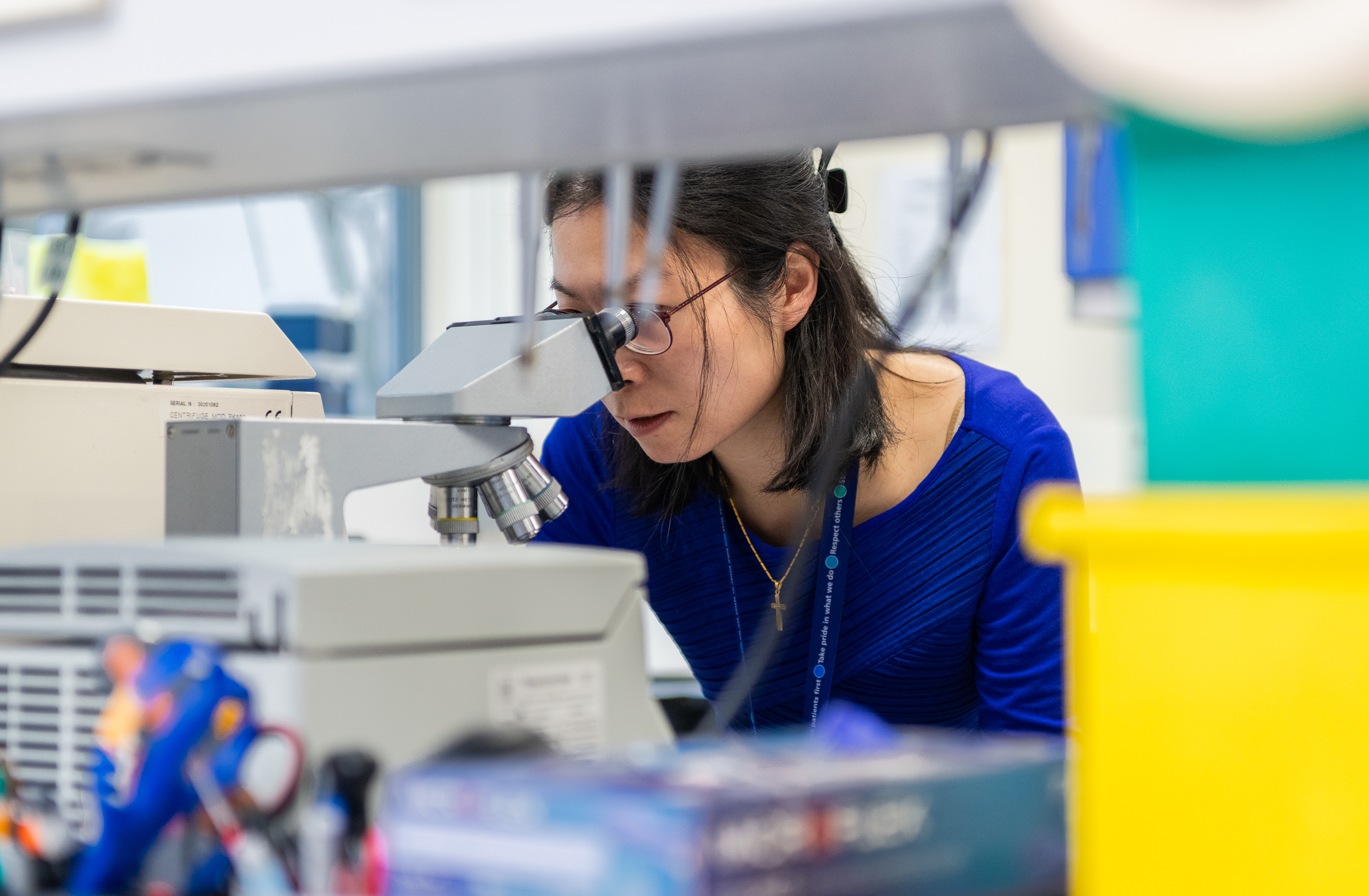A rising star in under 21s international rugby, Ben sustained a spinal cord injury on the pitch in 2010, five minutes into the game. He was just pulling out of a ruck when a member of the opposing team fell onto his neck: the result was a spinal cord injury at C5/6 causing instant paralysis from the neck down. “I remember lying there looking up at the sky and only being able to move my head,” he said.
Ben was just 18 when he was paralysed, and a talented sportsman. He represented his school in rugby, volleyball, football, running and field athletics. Having decided to focus on rugby, his injury unfortunately put an end to what could have been a fantastic sporting career.
Following his accident, Ben spent two weeks in intensive care and an operation to stabilise the damage to his vertebrae before being transferred to a rehabilitation centre for several months to learn to cope mentally with his paralysis and to benefit from physiotherapy and adaptive training.
"If the research could help me regain my bladder, bowel and sexual function, that for me would be an amazing change to my lifestyle and would give me infinitely more independence."
Ben
The level and type of Ben’s spinal cord injury means he suffers from autonomic dysreflexia, which can be life-threatening, and muscle spasms in his legs. He was on anti-spasm medication to manage this, but it made him drowsy, interfering with studies and daily life. Now, he manages the spasms and pain by doing daily stretching and passive leg exercise.
After the surgery and months undergoing rehabilitation, Ben did start to regain some movement in his arms, and some patchy sensation below his injury in his knees and ankles. He also has feeling in areas of his torso, but he cannot control his bladder and bowel and requires catheters and enemas to manage these respectively.
Discover more

Community stories
Read more stories of people with a spinal cord injury and the hope they have that, one day, research will help them. Read more
Our Research
Research facilities around the world are developing a range of cutting-edge treatment pathways, some now in clinical trial. Read more